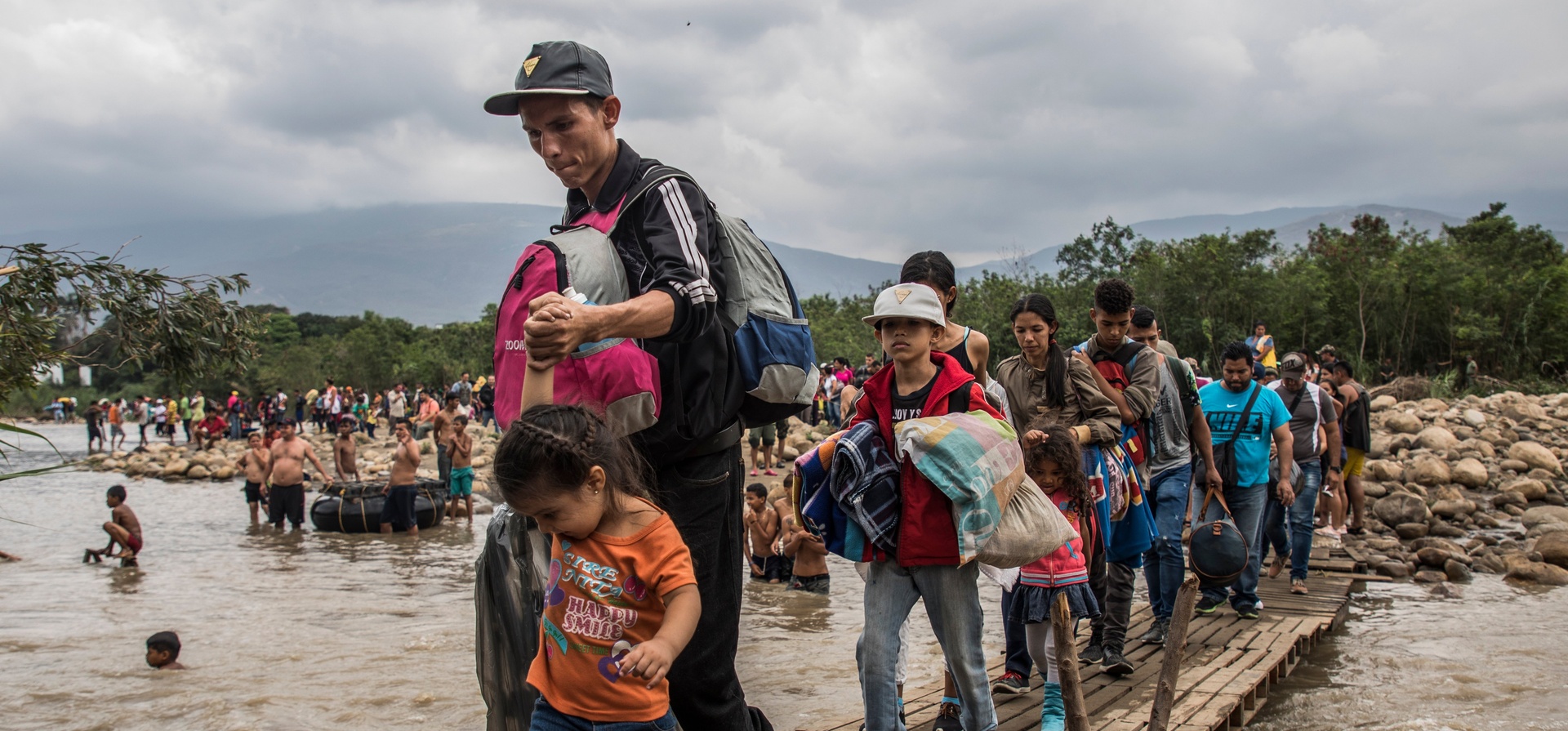The Global Compact on Refugees
Building Better Futures for People Forced to Flee
Along with the international community, UNHCR looks far and wide at finding solutions for people forced to flee. For many refugees, that may mean going home. Those who cannot return due to continued conflict, wars or persecution may find a home in another country, or if possible, integrate with the host community.
With the adoption of the Global Compact on Refugees, countries around the world have agreed to look at other ways to help protect refugees by making more alternative solutions and pathways available along with the traditional solutions. This means better resources, networks and partnerships, as well as innovative approaches to make more opportunities possible and visible across the world.
The four key objectives of the GCR are to ease the pressures on host countries, enhance refugee self-reliance, expand access to third-country solutions, and support conditions in countries of origin for return in safety and dignity. To assist with the implementation of the GCR, UNHCR will host an annual Global Refugee Forum which will focus on the following areas: arrangements for burden and responsibility-sharing, education, jobs and livelihoods, energy and infrastructure, solutions, and protection capacity, ensuring that the GCR beings to flourish.
In our Hong Kong office, the below is the continuum of solutions we provide to support people forced to flee.

Helping people to become self-reliant
Comprehensive solutions have legal, economic, social & cultural, and political & civil dimensions, each of which needs to be addressed for a solution to be sustainable.
In pursuit of a whole of society approach which places refugees at the centre of decisions about their future, we collaborate with many organizations that support substantiated claimants during their temporary stay in Hong Kong, helping them seek opportunities to develop themselves for their future, wherever that may be.
These efforts include:
- Explore and provide training opportunities
- Provide local, international and online schooling options
- Explore secondary or tertiary scholarship options
- Search and align private sector internship opportunities
- Identify volunteering opportunities
- Explore employers and special work permissions

Three traditional routes
- Voluntary Repatriation
- Local integration
- Resettlement

Non-traditional routes to admission in third countries
Working together with the people forced to flee, foreign consulates and NGO partners in Hong Kong to explore and expand other non-traditional arrangements, UNHCR helps people secure their own solutions for admission to third countries through:
- Identify special status visa options and assist with application submission. This includes student, family, working, training or sporting visas.
- Explore humanitarian visa options, which are often used to admit individuals in need of international protection to a third country where they are given the opportunity to formally apply for asylum.
- Identify and align community based resettlement options such as private sponsorships. Developed initially in Canada, this model - endorsed by the UK, Spain, Argentina, New Zealand and others, allows individuals, communities, or organizations to directly engage in refugee resettlement efforts. In partnership with government, sponsors commit to financial, emotional, or integration support to help newly-arrived refugees in a third country.



